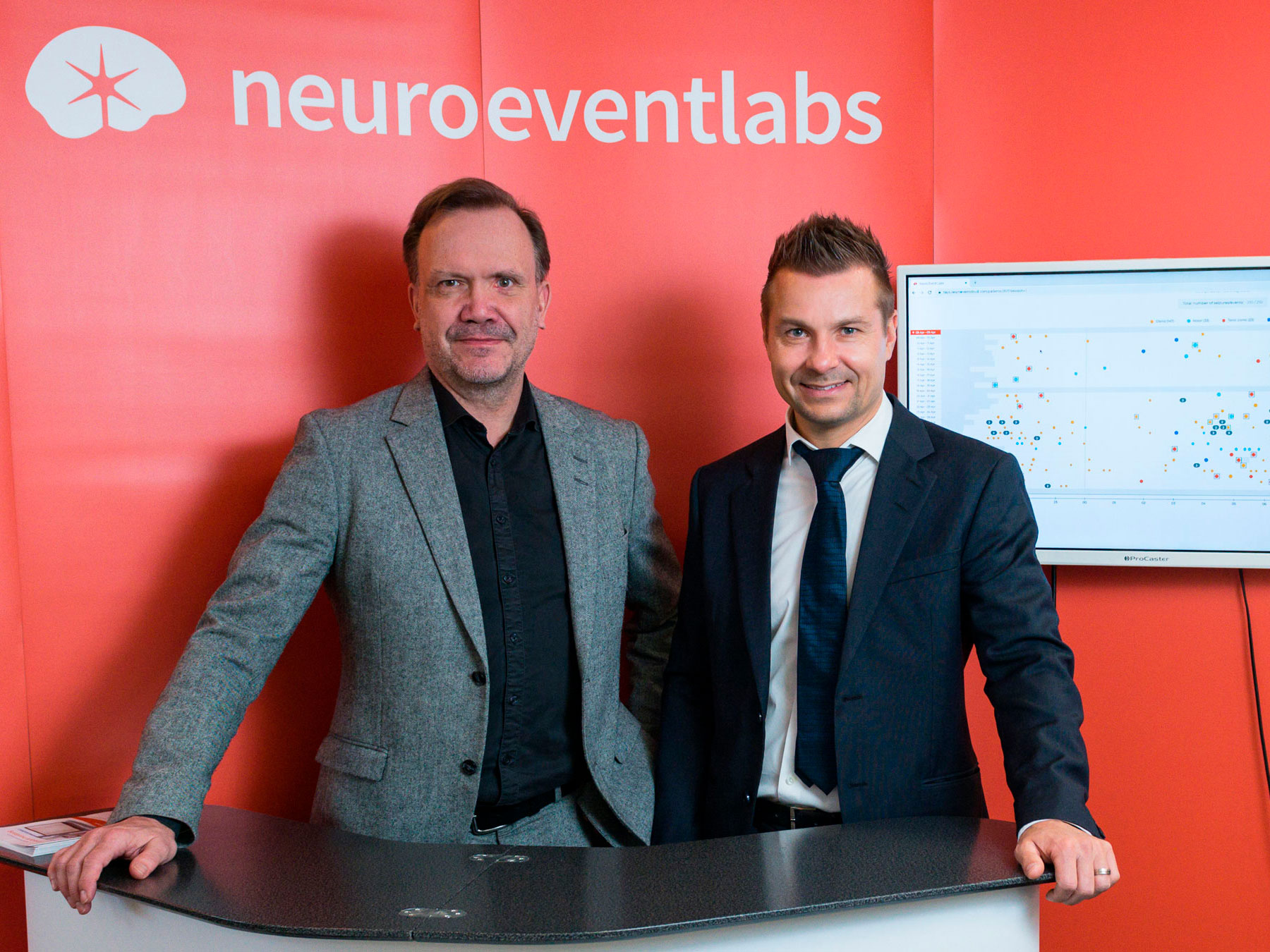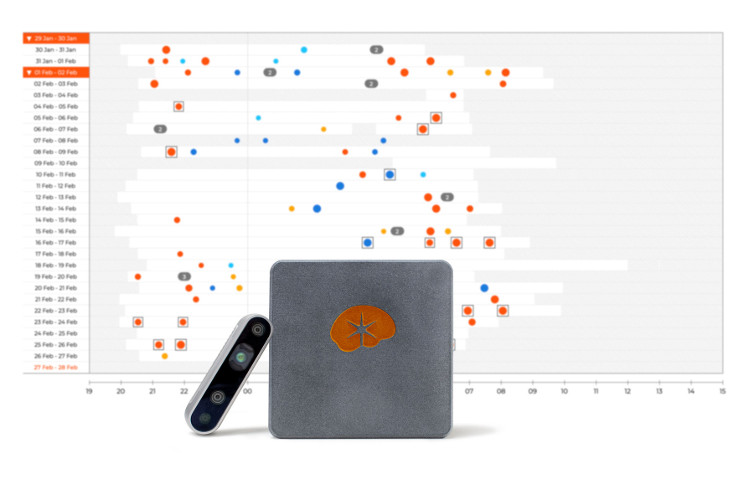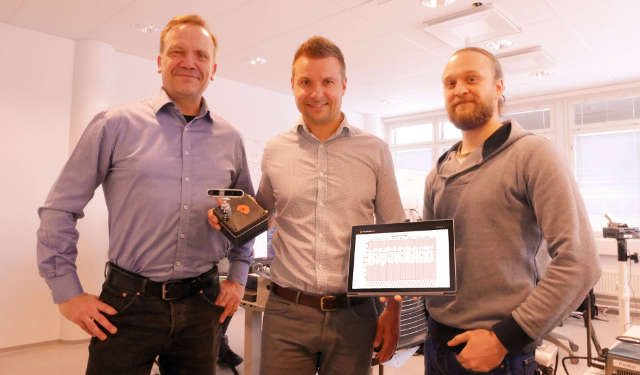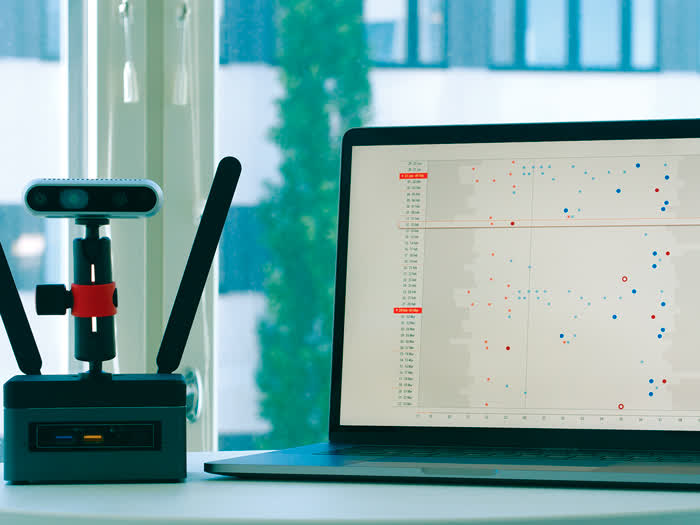
Neuro Event Labs closes €3.9M Series A round to become the standard for epilepsy diagnostics
Finnish Health Tech company Neuro Event Labs has raised €3.9 million from Hadean Ventures, SHS Capital and Maki.vc to support the commercial expansion of their lead product Nelli®. Neuro Event Labs offers significantly more personalized, accurate and scalable diagnostics to treat up to 65 million epilepsy patients worldwide, responding to the increased demand for remote healthcare solutions.
Finnish Neuro Event Labs is revolutionizing epilepsy treatment with their AI-powered diagnostics product Nelli®, which brings notable cost savings and improved efficiency to a field of medicine affecting over 65 million people worldwide. Currently, 30% of diagnosed epilepsy cases are later disproved by new methods, and one-third of epilepsy patients continue to have seizures regardless of treatment. Neuro Event Labs looks to become the standard for epilepsy treatment in Europe by 2021 and have raised Series A from Hadean Ventures, SHS Capital and Maki.vc to accelerate their growth.
“Epilepsy is one of the most common neurological disorders, affecting over 65 million individuals worldwide. To provide optimal treatment, it’s crucial to be able to clearly define the type and frequency of seizures, which often occur during the night. However, a current diagnosis of neurological disorders mostly relies on subjective and unreliable data resulting in a high misdiagnosis rate,” explains Jukka Peltola, Medical Director & Co-founder of Neuro Event Labs and Professor of Neurology.
Peltola believes that the best way to learn about each patient’s condition is to be present when the seizure occurs, but up until now, there hasn’t been a technology that allows patients to be monitored at home and produces enough reliable data without causing discomfort or disrupting everyday activities.
Neuro Event Labs has developed an AI-powered epilepsy diagnostic, which is based on video and audio recordings that can be collected from either the patient’s home or in hospital. They offer a highly scalable solution to an area of diagnosis struggling with efficiency – currently, epilepsy diagnosis is dependent on hospital visits and only 5% of patients are subjected to Video EEG examinations. By collecting high-quality data of the seizures from a patient’s home or the hospital, Neuro Event Labs can more efficiently detect and identify the type of seizure the patient suffers from and thus, offer more personalized treatment.
“We want to provide an opportunity for the best possible epilepsy treatment for all patients, not just a fraction of them. That’s why we aim to become the standard in epilepsy diagnostics first in Europe and expanding to the U.S. where we already collaborate with Jefferson Health’s Department of Neurology. With healthcare systems around the world currently under stress, it’s all the more important that we develop more solutions for at-home care and diagnosis,” says Kaapo Annala, CEO & Co-founder of Neuro Event Labs.
“Neuro Event Labs is a perfect example of helping patients and society by improving the standards of care while decreasing costs for the healthcare system as a whole,” commented Ville Skinnari, minister for Development Cooperation and Foreign Trade of Finland.
Nelli® is CE-marked and has been launched for regular clinical use at 20 leading European hospitals, and used in collaboration with hospitals in the US. Besides providing more efficient and scalable diagnostics, Nelli® also provides doctors with an interactive report that can be reviewed by the clinical team via a web-based application – thus, cutting back on manual work and decreasing the chances of human error.
“Our vision is to provide diagnostics for neurological disorders and to enable doctors to treat patients based on objective data. We want to ensure more accurate and systematic treatment of complex conditions – and the potential is not limited to epilepsy. Near future, our technology will be applied to other neurological disorders such as Parkinson’s, Sleep Apnea and Cerebral Palsy,” concludes Annala.


